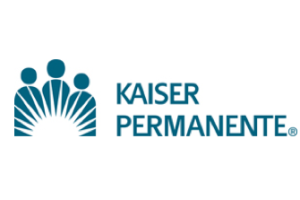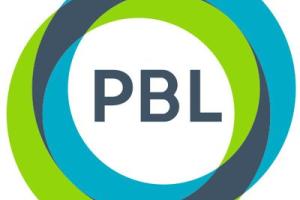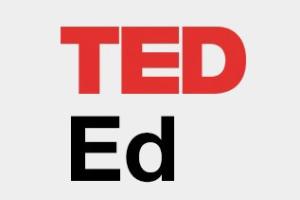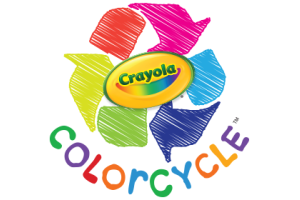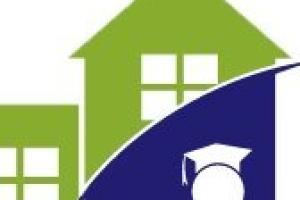
PK-12 Reopening Workbook
/resource/pk-12-reopening-workbook
National Council on School Facilities
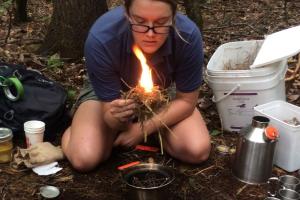
Nature Time Adventure Videos
/resource/nature-time-adventure-videos
Beyond the Ferns
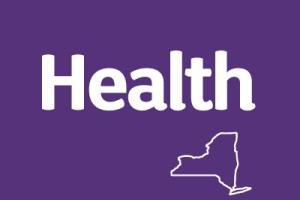
Cleaning and Disinfection Guidance for Schools
/resource/cleaning-and-disinfection-guidance-schools
New York State Department of Health
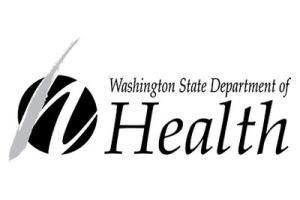
Classroom Cleaning Tips for Teachers
/resource/classroom-cleaning-tips-teachers
Washington State Department of Health
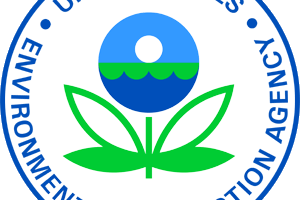
Safer Choice & COVID-19 Compliant Product List
/resource/safer-choice-covid-19-compliant-product-list
U.S. Environmental Protection Agency
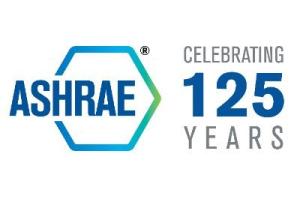
Coronavirus Response Resources from ASHRAE and Others
/resource/coronavirus-response-resources-ashrae-and-others
ASHRAE

COVID Guidance for Building Managers
/resource/covid-guidance-building-managers
U.S. Department of Energy
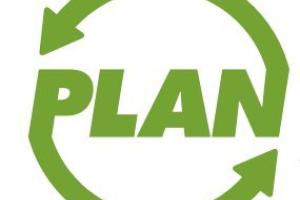
Reusables and Sanitation Toolkit
/resource/reusables-and-sanitation-toolkit
Post-Landfill Action Network
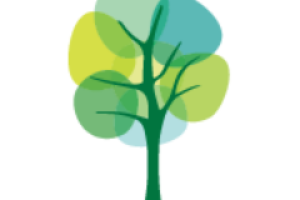
Bringing Outdoor Learning Home
/resource/bringing-outdoor-learning-home
Green Schoolyards America

Best Practices for Community Gardens During COVID-19
/resource/best-practices-community-gardens-during-covid-19
Cultivating Success
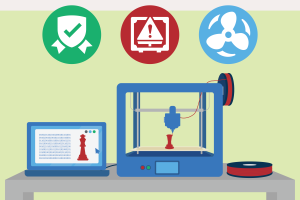
3D Printer School Safety: A Guide for Supporting Indoor Air Quality and Human Health
/resource/3d-printer-school-safety-guide-supporting-indoor-air-quality-human-health-0
Chemical Insights
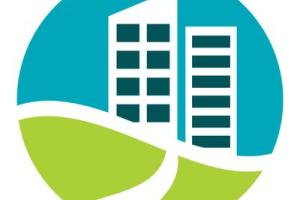
Whole School Sustainability Framework
/resource/whole-school-sustainability-framework
Institute for the Built Environment and Center for Green Schools
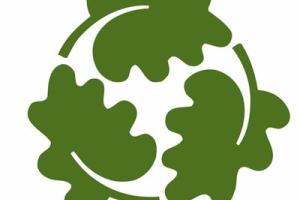
Resources for Teachers and Students
/resource/resources-teachers-and-students
Tree People
Climate Change Education Programs
/resource/climate-change-resource-library-and-education-programs
Climate Generation
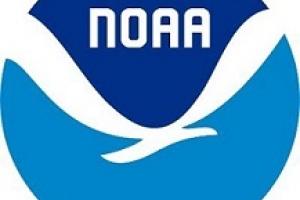
B-WET Regional Grants
/resource/b-wet-regional-grants
National Oceanic and Atmospheric Administration
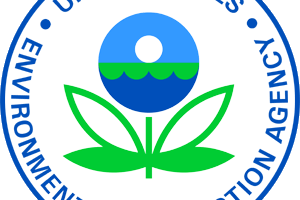
Presidential Innovation Award for Environmental Educators
/resource/presidential-innovation-award-environmental-educators
U.S. Environmental Protection Agency
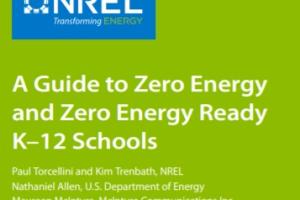
A Guide to Zero Energy and Zero Energy Ready K–12 Schools
/resource/guide-zero-energy-and-zero-energy-ready-k-12-schools
National Renewable Energy Laboratory

Green Schools National Network
/resource/green-schools-national-network
Green Schools National Network
Palo Alto USD Chemical Guidelines
/resource/palo-alto-usd-chemical-guidelines
Palo Alto Unified School District
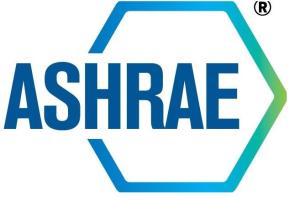
The Advanced Energy Design Guide—Achieving Zero Energy Series
/resource/advanced-energy-design-guide-achieving-zero-energy-series
ASHRAE
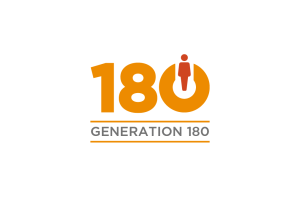
Generation 180 Solar Schools Resources
/resource/generation-180-solar-schools-resources
Generation180
Learning Green: LAUSD Sustainability Initiatives
/resource/learning-green-lausd-sustainability-initiatives
Los Angeles Unified School District
BPS Healthy + Sustainable Schools
/resource/bps-healthy-sustainable-schools
Boston Public Schools

